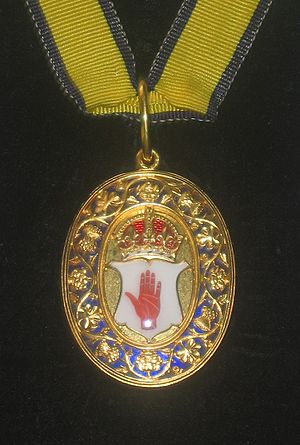Sir Charles Barrow, 1st Baronet facts for kids
Sir Charles Barrow, 1st Baronet (1707–89), was an important English politician from a place called Hygrove in Gloucestershire. He served as a Member of Parliament for many years and was given a special title called Baronet.
Contents
Who Was Sir Charles Barrow?
Sir Charles Barrow was a notable figure in 18th-century England. He was known for his long career in politics, representing the city of Gloucester in the British Parliament. He also held a special noble title, which was passed down in his family.
Early Life and Education
Charles Barrow was born in 1708 on the island of St. Christopher, which is in the Caribbean. His father, also named Charles Barrow, was a merchant. Charles Barrow later moved to England and studied at Oxford University. In 1754, he earned a special degree in law, called a Doctor of Civil Law.
A Career in Politics
Sir Charles Barrow had a long and active career in public service. He held the position of Recorder for the town of Tewkesbury. A Recorder was a type of judge or legal officer who advised the town.
He was also elected as a Member of Parliament (MP) for the city of Gloucester. He served as an MP for a very long time, from November 1751 all the way until 1789. This meant he helped make laws and decisions for Great Britain.
Becoming a Baronet
On January 22, 1784, Charles Barrow received a very special honor. He was made the 1st Baronet Barrow, of Highgrove, Gloucester. A Baronet is a hereditary title, meaning it can be passed down through the family. It's a bit like a knight, but the title stays in the family for generations. This was a great recognition of his service and importance.
Family and Home
Sir Charles Barrow lived in a grand house called Hygrove House, located in Minsterworth, Gloucestershire, England. He married Mary Randall, whose father, Daniel Randall, was from Gloucester. After Sir Charles Barrow passed away, his Baronet title was passed to Thomas Crawley-Boevey. Thomas was married to the granddaughter of Sir Charles's brother, keeping the title within the extended family.
 | James Van Der Zee |
 | Alma Thomas |
 | Ellis Wilson |
 | Margaret Taylor-Burroughs |


